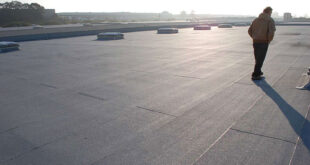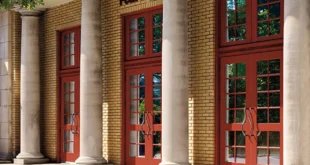BIOS Power-On Self Test (POST)
The first thing that the BIOS does when the PC boots is to perform what is called the Power-On Self-Test, or POST. When the PC goes into POST, it is actually performing its own built-in diagnostic program that checks your hardware to ensure that everything is present and functioning properly, before the BIOS begins the actual boot process. As the startup process continues, it performs additional tests, such as the memory test that some machines show on the screen.
The POST process is performed very quickly on most newer computers, and (based upon the equipment manufacturer) you may not even notice that it is happening, unless of course a problem occurs. You may have encountered a PC that, when the power was turned on, made beeping sounds and then stopped without booting up. That is the POST telling you something is wrong with the machine. The speaker is used because this test happens so early on, that the video bus isn’t even active yet! These beep patterns can be used to diagnose many hardware problems with your PC. The exact patterns depend on the maker of the BIOS, with the most common being Award and AMI BIOSes. If you need the BIOS beep codes, we have them for you here: Award and AMI beep codes.
Note: Some POST code errors are considered “fatal” while others are not. A fatal error means that it will halt the boot process immediately, as an example if there were no system memory modules installed or they were defective. Most POST boot errors are fatal, since the POST process is testing vital system components.
In addition to the extensive list of beep codes noted earlier, the POST also uses extended troubleshooting codes that you can use to get much more detail on problems a troublesome PC is having. You can purchase a special debugging card that goes into an ISA slot that can read these extended debugging codes that the BIOS sends to a special I/O address, usually 80h. The card displays these codes in the form of one or two digits and this lets you see where the POST stops, if it finds a problem. These cards are obviously only for the serious PC repair person or someone who does a lot of work on systems.
![]()
Notice: Windows® 95, Windows® 98, Windows® NT, Windows® 2000 and Microsoft® Office are registered trademarks or trademarks of the Microsoft Corporation.
All other trademarks are the property of their respective owners.
 World Magazine 2024
World Magazine 2024





